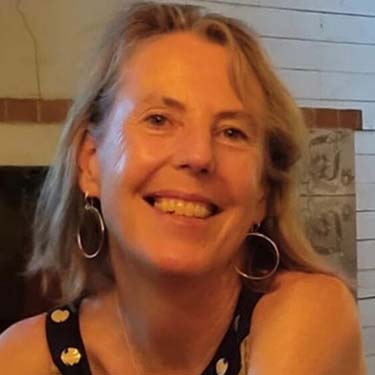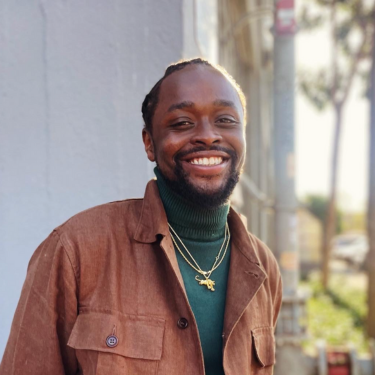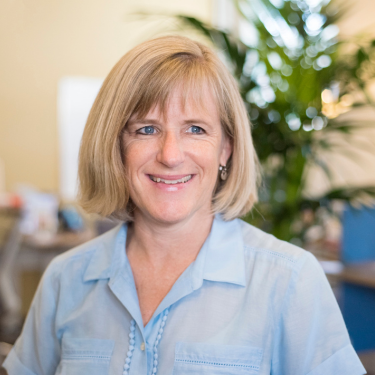Explore the science of play! Learn how the simple act of playing is good for our minds, our bodies, and our social connections, and why play is so vital to young people and adults. Our special guests will be Demond Hill, Ph.D., educator and expert in play, and Elizabeth Cushing, CEO of Playworks. Together we will:
- Learn from special guest Demond Hill about how play is related to human flourishing, and how it is particularly important to Black children.
- Learn about the types of changes reported in school culture among schools that encourage, prioritize, and support play.
- Explore how to bring more play and playfulness into our schools and classrooms. Where do we start? What obstacles and questions do we have?
- Connect with educators around the world to share our thoughts, experiences, and ideas.
“Play is our brain’s favorite way of learning.” —Diane Ackerman
Related Resources:
Play is essential to positive human development, but kids are playing less and less, says psychologist David Elkind. What can we do to build a new culture of play?
When was the last time you went down a slide? Demond Hill, Ph.D., tries a practice to bring more play into his life and explores what that means as a Black man in the U.S.
Why Grownups Should Be Playful, Too (The Science of Happiness Podcast)
Playfulness can improve your relationships, help you excel at work, and reduce stress. We explore a strategy shown to help you become more playful.
Happiness Break: A Meditation on Playfulness, With Dacher Keltner
We all have a playful side, and research shows acting on it can help us when we need to move through challenging emotions, manage conflict, and be more creative.
For Black Children, Play Can Be Transformative
Play is a radical and liberatory activity for Black children. As adults, we have a responsibility to promote and participate in it, too.
Take an online quiz designed to help you identify strengths and uncover areas for improvement in your play spaces at school.
Looking for more resources? Email us here!





